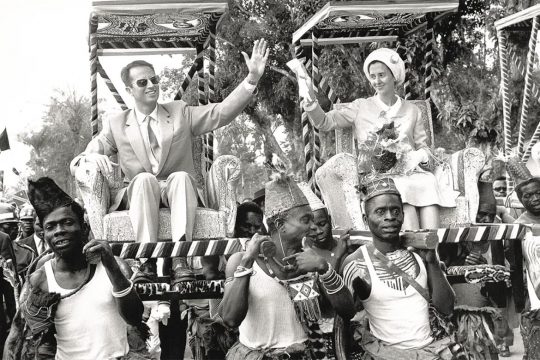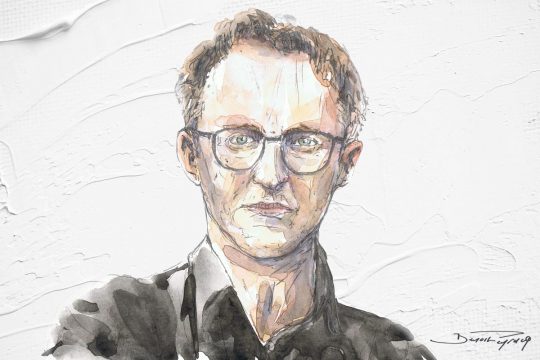Burundi’s journalists and human rights defenders have had a rough year. A relentless government crackdown has forced almost all of them to flee the country. The assault has been overwhelming: government closure of all the main private radio stations, repeated death threats, threats of prosecution on trumped-up charges, beatings, and the attempted murder of leading human rights activist Pierre Claver Mbonimpa.
Burundi’s vibrant civil society movement and strong independent media used to be the envy of other countries in the region. But the government has spent the past year trying to destroy them.
The latest blow came just last week, when Interior Minister Pascal Barandagiye ordered 10 Burundian nongovernmental organizations to suspend their activities. The move came four days after the prosecutor general ordered their bank accounts to be frozen. The organizations include Mbonimpa’s group, the Association for the Protection of Human Rights and Detained Persons (APRODH), and Maison Shalom, which helps vulnerable children and runs a hospital in Ruyigi province.
Just a week earlier, Antoine Kaburahe, director of Burundi’s respected independent newspaper Iwacu, was summoned to the prosecutor’s office, in connection with his alleged role in a failed military coup d’état in May. He complied with the summons. The authorities questioned him and let him go, but issued a second summons five days later, and have since requested his extradition from Belgium, where he had travelled for professional purposes.
Iwacu is a prime target for a government that has been lashing out at all its critics, particularly since President Pierre Nkurunziza announced – and won – a controversial third term in office this summer. Since all the country’s main private radio stations were shut down six months ago, Iwacu is now the only independent media outlet in Burundi investigating and reporting on killings, arbitrary arrests, and other abuses. Several of its journalists have been threatened before, but have carried on working. Now the government has the boss in its sights, and it may only be a matter of time before it muzzles Iwacu too.
If the Burundian government wants to salvage any of its human rights reputation, it should immediately lift its suspension of these organizations’ activities, unblock their bank accounts, and drop its attempts to silence Kaburahe.




